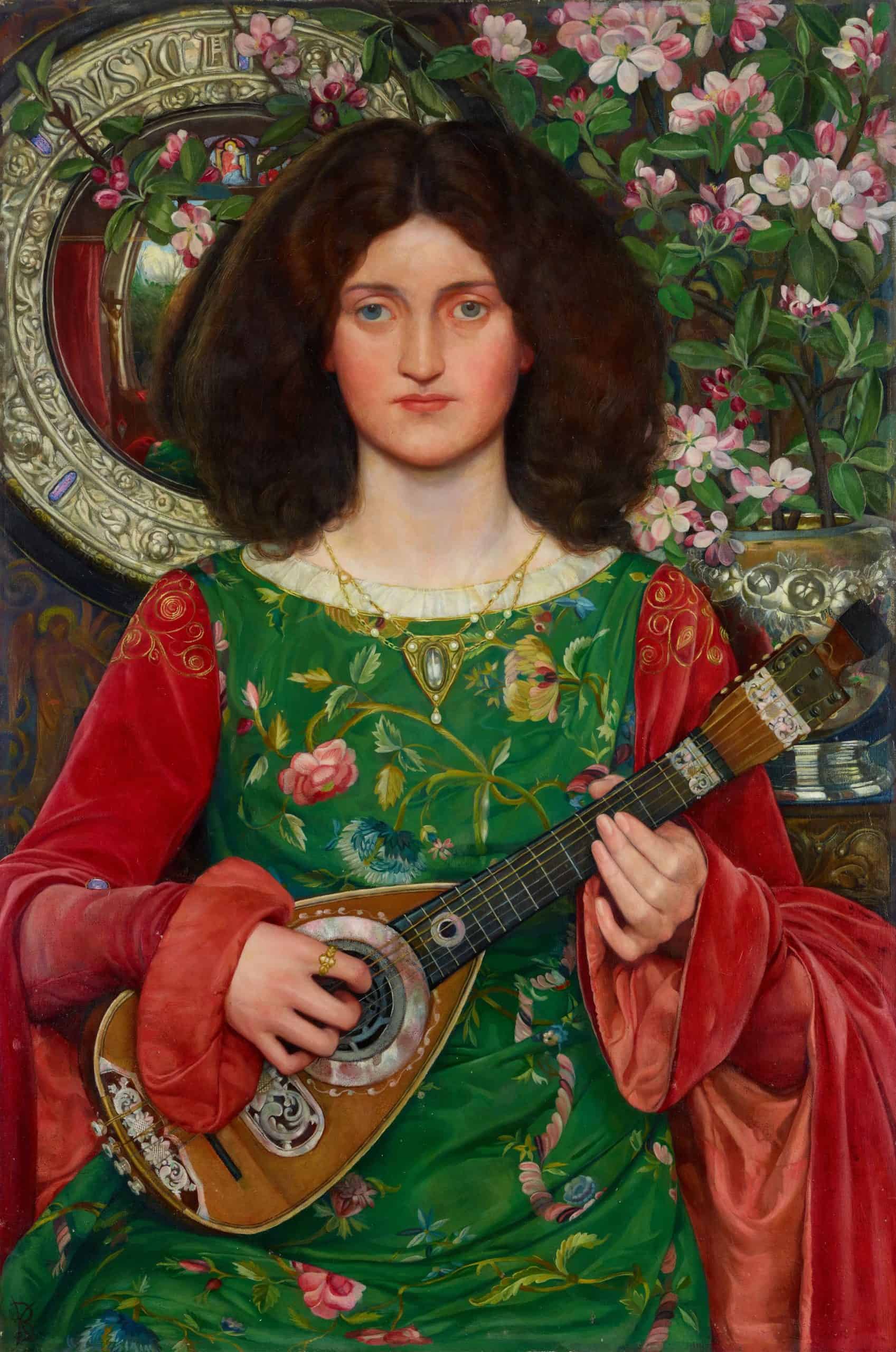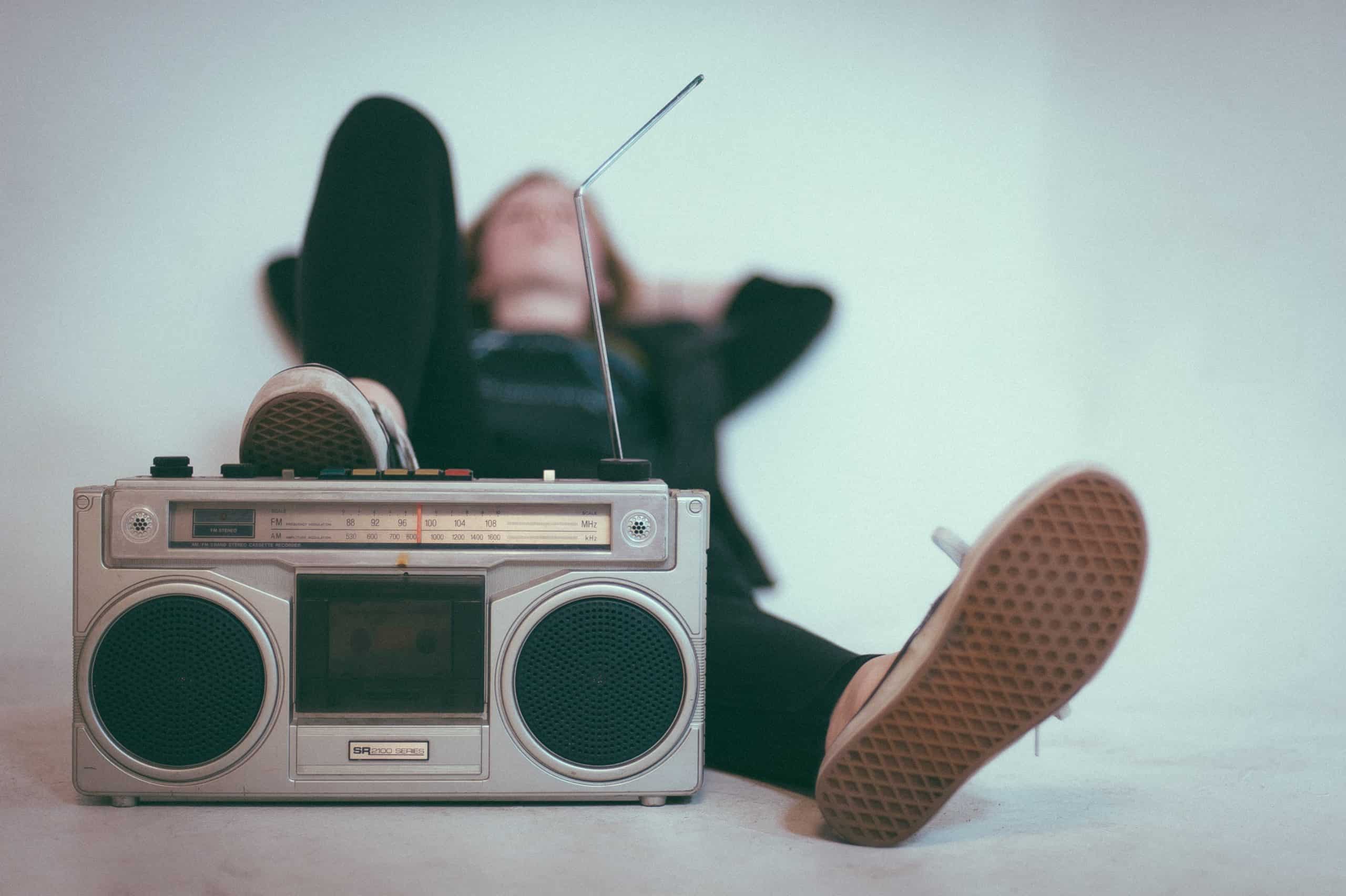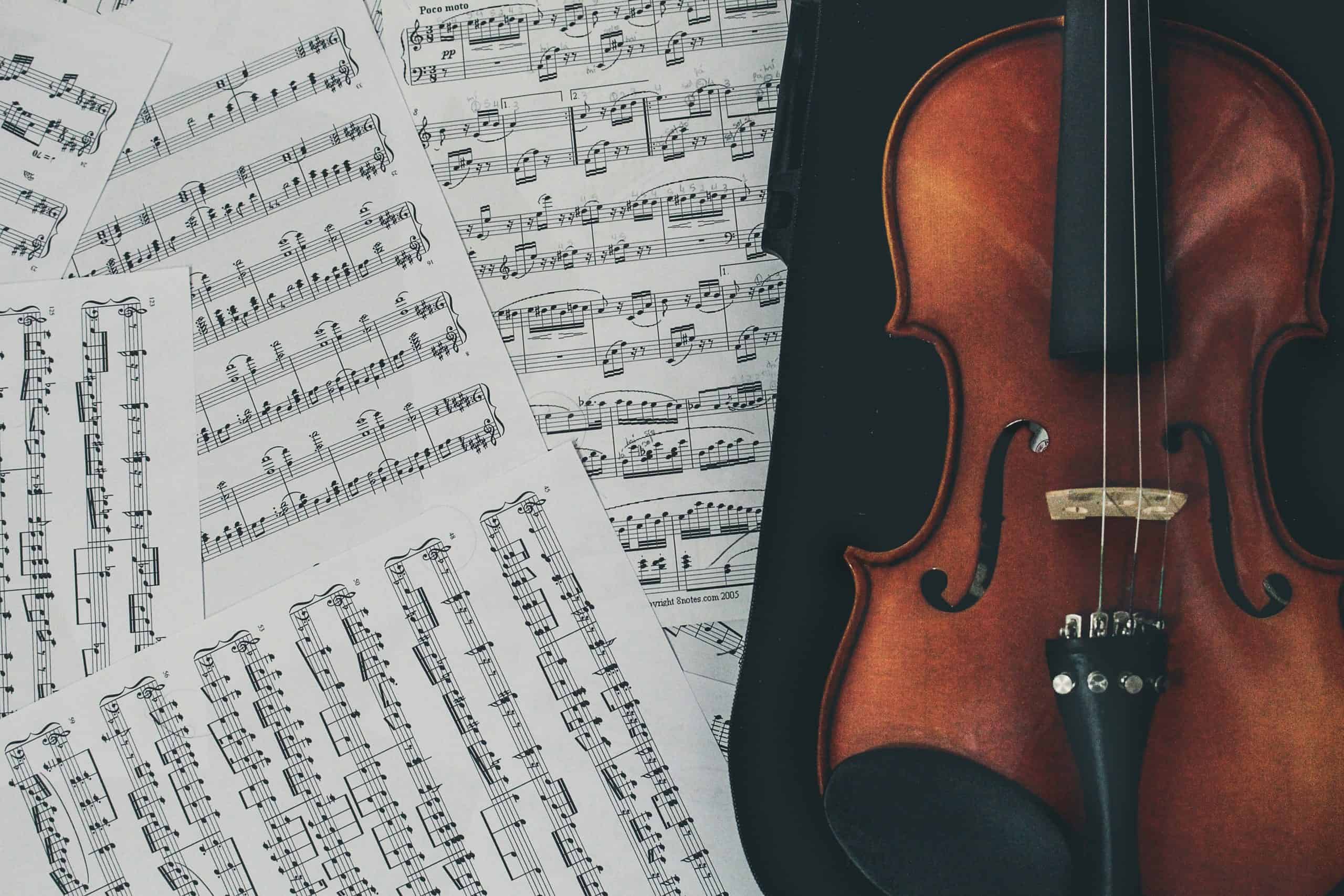Can Music Therapy Help OCD

Music therapy is a specialized form of therapy that utilizes music to address physical, emotional, cognitive, and social needs.
It is conducted by trained professionals known as music therapists, who employ a variety of musical elements and techniques to achieve therapeutic goals and promote well-being.
The main objective of music therapy is to harness the power of music to facilitate positive changes in individuals.
Music therapists work closely with their clients to assess their needs, develop personalized treatment plans, and evaluate progress over time.
Overall, music therapy is a dynamic and powerful discipline that harnesses the universal language of music to enhance the lives of individuals, promote healing, and facilitate personal growth.
It offers a unique and engaging approach to therapy, supporting individuals in their journey towards improved well-being and quality of life.
What is Music Therapy?
Music therapy is a form of therapeutic intervention that utilizes music to address the physical, emotional, cognitive, and social needs of individuals.
It involves the deliberate use of music by trained professionals to achieve therapeutic goals and promote well-being.
Music therapists work with people of all ages and a variety of conditions, including individuals with developmental disabilities, mental health disorders, neurological disorders, chronic pain, and those undergoing medical treatments.
They employ various musical elements such as rhythm, melody, harmony, and lyrics, as well as instruments, singing, movement, and improvisation techniques to facilitate therapeutic experiences.
It’s important to note that music therapy is distinct from music education or entertainment. While music therapy uses music as a tool for therapeutic purposes, it requires specific training, knowledge, and expertise to apply music in a therapeutic context.
Related Article(s) – What Will Happen if OCD is Left Untreated?
What Are The Benefits Of Music Therapy?

Improved Cognitive Function
Music therapy can enhance cognitive abilities such as attention, memory, and problem-solving skills in mental health patients.
Engaging with music stimulates the brain and promotes cognitive engagement, leading to improved cognitive function.
Enhanced Communication Skills
Music therapy can facilitate communication for individuals with mental health conditions who may struggle with verbal expression.
Through music, patients can communicate their thoughts, emotions, and experiences, promoting effective communication and improving interpersonal skills.
Reduction of Anxiety and Depression Symptoms
Music therapy has been shown to reduce symptoms of anxiety and depression in mental health patients.
Listening to soothing music or participating in music-based interventions can help regulate emotions, decrease feelings of sadness and worry, and promote a sense of calm and relaxation.
Increased Motivation and Engagement
Music therapy can enhance motivation and engagement in treatment for mental health patients.
The enjoyable and stimulating nature of music can increase interest and participation in therapeutic activities, leading to greater overall engagement and progress in treatment.
Empowerment and Self-Confidence
Engaging in music therapy can empower mental health patients and boost self-confidence.
Accomplishing musical tasks, learning new skills, and performing in front of others can foster a sense of achievement, build self-esteem, and promote a positive self-image.
Related Article(s) – How to Help Someone With Obsessive Thoughts
Examples of Music Therapy
There are numerous examples of how music therapy can be applied to address specific therapeutic goals. Here are a few examples:
Emotional expression and regulation
Music therapy can help individuals express and regulate their emotions.
A therapist might encourage a client to create a personalized playlist that reflects their current emotions or use improvisation techniques to allow them to express themselves musically.
Pain management
Music has been found to have a positive impact on pain perception. In a music therapy session, soothing music, relaxation techniques, and guided imagery may be used to help individuals manage pain and reduce discomfort.
Cognitive stimulation
Music therapy can be used to stimulate cognitive functions in individuals with cognitive impairments or neurological conditions.
Engaging in activities such as singing, playing instruments, or rhythmic exercises can improve memory, attention, and problem-solving skills.
Social skills development
Group music therapy sessions can promote social interaction and communication skills. Through musical activities, individuals can learn to listen, take turns, collaborate, and communicate effectively with others.
Rehabilitation and physical therapy
Music therapy can be integrated into physical rehabilitation programs to support motor skills development and coordination.
Rhythmic exercises, instrument playing, or movement to music can help improve mobility, strength, and coordination.
Stress reduction and relaxation
Listening to calming music or engaging in music-based relaxation techniques can help individuals reduce stress, promote relaxation, and enhance overall well-being.
Deep breathing exercises, guided imagery, or progressive muscle relaxation may be combined with music to achieve relaxation effects.
These are just a few examples of how music therapy can be applied in different contexts. Music therapists adapt their interventions to the specific needs and goals of each individual or group, ensuring a personalized and effective approach to therapy.
Take The Y-BOCS OCD Test to help determine the severity of your OCD symptoms.
Is Music Therapy Effective for OCD?

Music therapy can be a valuable complementary intervention in the treatment of obsessive-compulsive disorder (OCD), although it is important to note that it is not a standalone treatment for OCD.
According to the 5th edition of The Diagnostic and Statistical Manual of Mental Disorder (DSM-V), the diagnosis of OCD is met when there are all four of the following features: the presence of compulsions, obsessions, or both; severe enough to be time-consuming/cause significant distress/significant impairment
Here are a few ways in which music therapy can be effective
Relaxation and stress reduction
Music has the potential to induce relaxation, reduce anxiety, and alleviate stress.
By incorporating calming and soothing music, deep breathing exercises, and relaxation techniques, music therapy can help individuals with OCD manage their stress levels, which can be a trigger for Obsessive Compulsive Disorder symptoms.
Distraction and redirection
Engaging in music-related activities can serve as a distraction from intrusive thoughts and compulsive behaviors. Moreover, music therapy resulted in greater decrease of symptoms in ocd patients and other related disorders such as bipolar disorder, major depressive disorder and various anxiety symptoms.
Playing an instrument, singing, or listening to music can redirect attention and provide individuals with a positive and absorbing focus.
Expression of emotions
Music therapy can offer a creative outlet for people diagnosed with ocd to express their emotions and alleviate mental health issues such as reducing anxiety and depressive symptoms.
Exploring emotions through music composition, improvisation, or songwriting can help individuals process and communicate their experiences in a nonverbal ways
Coping and self-esteem
Learning musical skills, engaging in group music-making, or achieving musical goals can boost self-esteem and enhance potential therapeutic benefits.
This can be particularly beneficial for individuals with OCD who may struggle with self-confidence, feelings of control and other affective disorders such as major depression and other psychiatric disorders.
How Does Music Therapy Help OCD?
Music therapy can be a beneficial adjunctive therapy for Obsessive-Compulsive Disorder (OCD). In fact, Studies have found that “receptive music therapy helped reduce obsessive symptoms with comorbid anxiety and depression”
While it may not directly target the core symptoms of OCD, such as obsessions and compulsions, it can have several positive effects on overall well-being and psychiatric illnesses, which can indirectly impact and alleviate symptoms.
Here are some ways in which music therapy can help individuals with OCD:
Stress reduction
Music has a powerful impact on emotions and can induce relaxation and reduce stress.
Since stress often exacerbates Obsessive compulsive disorder symptoms, music therapy can help individuals with OCD manage their stress levels, leading to a reduction in symptom severity.
Emotional expression
Music provides a safe and nonverbal outlet for emotional expression. Patients with OCD often experience intense emotions related to their obsessive symptoms and other mental health issues such as co morbid anxiety and depressive symptoms.
Engaging in music therapy allows individuals to express and process these emotions in a creative and cathartic manner.
Distraction and redirection
Engaging in musical activities can divert attention away from obsessive thoughts and compulsive behaviors.
By focusing on creating or listening to music, OCD patients can temporarily shift their attention to a more positive and enjoyable activity, thereby reducing the intensity of their symptoms.
Enhancing mood and well-being
Music has the ability to uplift mood and enhance overall well-being.
Listening to music that is personally meaningful or soothing can improve mood, increase feelings of happiness, and promote a sense of relaxation and contentment.
This positive emotional state can indirectly help manage obsessive compulsive disorder symptoms.
This type of therapy involves music therapy group(s) sessions or collaborative activities, which can improve social interaction and communication skills.
For OCD patients, who may experience difficulties in social situations, participating in receptive music listening can enhance their interpersonal skills and foster a sense of connection with others.
Building coping strategies
improvisational Music therapy can help individuals develop coping strategies and skills for managing stress and anxiety.
Techniques such as deep breathing, progressive muscle relaxation, and guided imagery, combined with music, can be taught during therapy sessions and later applied in daily life to reduce OCD-related distress.
It’s important to note that music therapy is typically used as a complementary treatment alongside evidence-based therapies for OCD, such as cognitive behavior therapy (CBT), exposure response prevention and selective serotonin reuptake inhibitors (SSRIs).
Other Creative Ways to Treat OCD

In addition to music therapy, there are several other creative approaches that can be helpful in treating obsessive-compulsive disorder (ocd treatment).
These approaches can complement traditional therapies and provide individuals with alternative strategies for managing their symptoms. Here are some examples:
Art therapy
Art Therapy involves using various artistic mediums, such as painting, drawing, sculpting, or collage, to express thoughts, emotions, and experiences.
Creating art can serve as a nonverbal outlet for individuals with OCD to process and communicate their thoughts and feelings.
It can also provide a means of externalizing and distancing oneself from obsessive thoughts and compulsive behaviors in ways other than standard treatment.
Mindfulness and meditation
Mindfulness practices, such as meditation, deep breathing exercises, and body scans, can help individuals with OCD become more aware of their thoughts and sensations without judgment.
Mindfulness techniques can assist in developing a non-reactive and accepting stance towards obsessive thoughts, allowing individuals to respond to them in a more balanced and less distressing manner.
Writing therapy
Writing therapy involves using writing as a therapeutic tool to explore and process emotions, thoughts, and experiences.
Keeping a journal, engaging in expressive writing exercises, or creating narratives can help individuals with OCD gain insight into their condition, identify triggers, challenge irrational beliefs, and find new perspectives on their experiences.
Drama therapy
Drama therapy utilizes theatrical techniques, role-playing, improvisation, and storytelling to explore and work through emotional and psychological challenges.
It can provide a safe and creative space for individuals with OCD to externalize their symptoms, gain insight, practice alternative responses, and develop empathy and understanding towards themselves and others.
Dance/movement therapy
Dance/movement therapy integrates movement, dance, and body awareness to promote self-expression, emotional release, and body-mind integration.
It can help individuals with OCD connect with their bodies, release tension, and explore new ways of relating to their bodies and their experiences.
Related Article(s) – Can Art Therapy Help OCD?
Can Music Therapy Help OCD?
In conclusion, music therapy is a valuable and effective therapeutic intervention that harnesses the power of music to address a wide range of physical, emotional, cognitive, and social needs.
Life stressors are a core part of the cause of most mental disorders, especially depression and anxiety disorders, like OCD.
It is used by trained professionals to support individuals of all ages and various conditions, from developmental disabilities to mental health disorders and chronic pain.
While music therapy can be a valuable component of treatment for conditions like obsessive-compulsive disorder (OCD), it is important to recognize that it is not a standalone solution.
Music therapy works best when integrated into a comprehensive treatment plan that may include other therapies such as cognitive behavior therapy (CBT) and medication (selective serotonin reuptake inhibitors).
Ultimately, the effectiveness of music therapy lies in its ability to tap into the unique and universal aspects of music to facilitate healing, expression, and growth.
By engaging with music in a therapeutic context, individuals can discover new avenues for self-expression, find solace and relief, develop coping skills, and foster connections with others.





